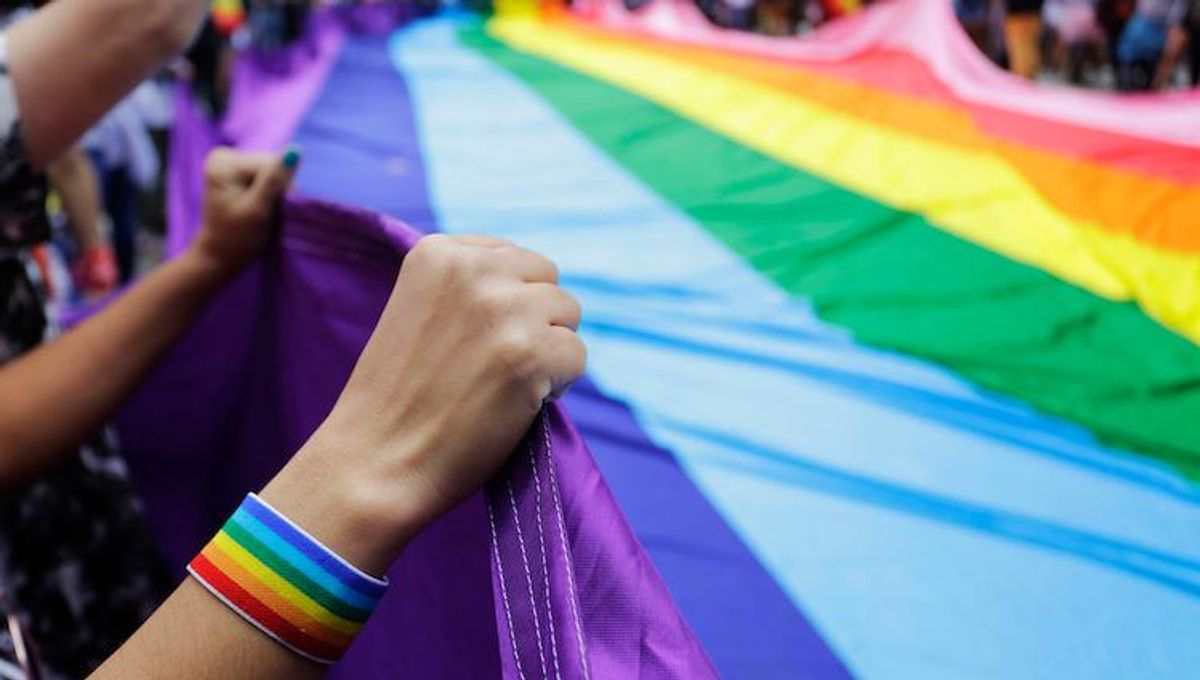In a new study from the University of California Los Angeles' Williams Institute, researchers found that a majority of LGBTQ+ adults in the U.S. have faced some sort of threat of violence, and about a third have faced physical violence.
Researchers at the institute noted that around 70 percent of LGBTQ+ people reported being bullied when they were growing up. Over a third of respondents said they had been hit, beaten, physically or sexually assaulted or robbed or had an object thrown at them.
About 75 percent of LGBTQ+ adults have been verbally insulted or abused, according to the study.
"Because adverse childhood experiences are related to poor mental health outcomes in adulthood, this might partly explain the higher prevalence of mental health problems observed in sexual and gender minority populations," researchers wrote.
The study also provided data into the discrepancies faced by cis people and trans people. For instance, 61 percent of trans women said they had experienced threats while 49 percent of cis women and 52 percent of cis men had. And 20 percent of trans respondents said they had experienced conversion therapy while 9 percent of GBQ cis men and 6 percent of LBQ cis women had.
LGBTQ+ people also reported high numbers of everyday discrimination.
"As the data show, LGBTQ people frequently experience such microaggressions by being treated with less courtesy and respect than other people. The most frequently encountered experience reported was 'people acting [as though] they were better than you,'" researchers wrote.
In examining responses to health care outcomes, researchers found "all LGBTQ groups had a high prevalence of lifetime suicide ideation, attempted suicide, and non-suicidal self-injury."
Forty-two percent of trans respondents said they had attempted suicide, compared to 32 percent of cis LBQ women and 22 percent of cis GBQ men.
Researchers at the Williams Institute used data collected from Generations and TransPop studies to gain a specific look into the issues faced by LGBTQ+ people. While the data provided researchers with support for previous research, they wrote that new evidence emerged relating to gender identity, negative life events, and the victimization of the LGBTQ+ population in the U.S.














































































